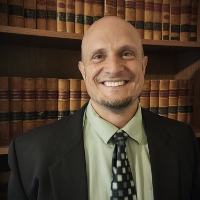 Emily RICO Act Lawyers, Minnesota
Emily RICO Act Lawyers, Minnesota
Sponsored Law Firm
-
 x
x

Click For More Info:
-
Carlson & Jones, P.A.
215 E Highway 55 Suite 201 Buffalo, MN 55313» view mapCriminal Defense Law Strong Legal Representation
Our comprehensive approach is designed to help clients get the best resolution possible, as quickly and efficiently as possible.
800-992-6980
Not enough matches for Emily RICO Act lawyer.
Below are all Emily Criminal lawyers.
Sponsored Lawyers
1-3 of 3 matches
Divorce & Family Law, Criminal, Real Estate, Estate, Bankruptcy & Debt
The Law Office of Attorney Edward R. Shaw is located in Brainerd, Minnesota and has been serving the Brainerd Lakes Area and surrounding counties with top quality legal services since 1996.
(more)Family Law, Misdemeanor, Divorce & Family Law, Domestic Violence & Neglect
Proudly taking criminal, divorce & family, and accident & injury cases out of Brainerd, Minnesota and the surrounding areas.
(more)


 Robert Jones Buffalo, MN
Robert Jones Buffalo, MN Practice AreasExpertise
Practice AreasExpertise


